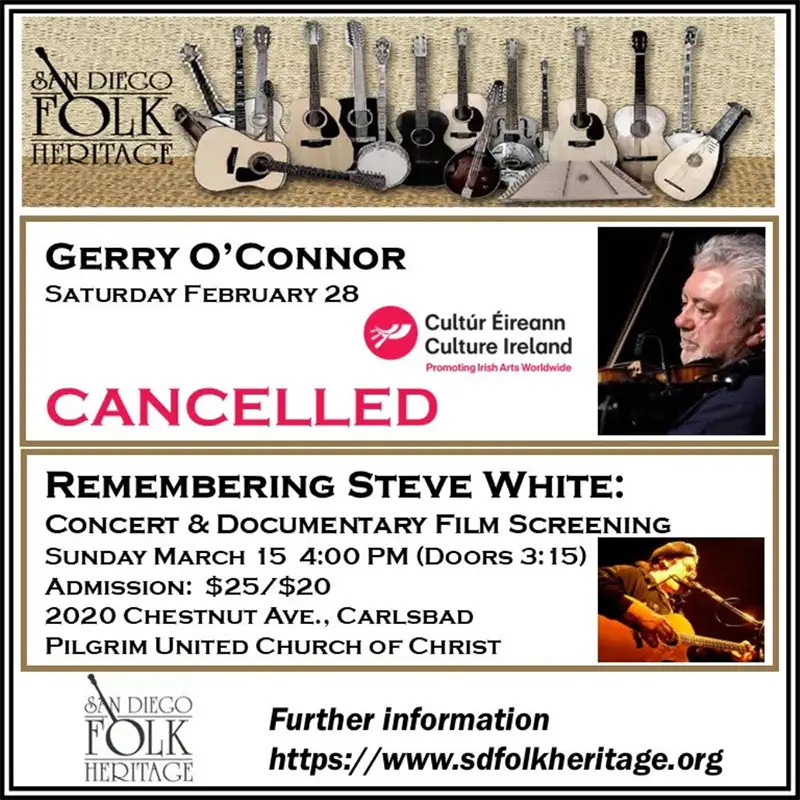Stages
Rock Star
Rock and roll has been around for a long time. For young people, it’s the music of their grandparents. Yet its eternal coolness remains intact. The rock and roll sensibility keeps rearing its head in every new wave of music. Fashion and hair styles change. Aesthetic tastes evolve. But, as Huey Lewis sang, “the heart of rock and roll is still beating.”
The perennial allure of rock and roll speaks to its deeper nature. “Rock and roll” is no mere genre descriptor — it’s a whole attitude, a mode of consciousness, a way of life.
Mommies everywhere extol their toddlers with the accolade “you rock” for the triumphant accomplishment of not pooping in their pants. Nine-year-olds who bring home an A on their math test are crowned “rock stars.” Sixteen-year-olds on their first job who successfully change out the oil in the deep fryer are praised by their bosses with a “rock on man, rock on.” On a literal level, continence, math skills, and proficiency in deep fryer maintenance seem utterly unrelated to the mesmerizing, hip-shaking shamanism of Jim Morrison, yet there it is. It makes sense. There’s something about rock and roll and rock stars that has come to stand for any human achievement involving risk, courage, and accomplishment. So what are we really saying when we call someone a rock star?
A rock star personifies courage. They are willing to risk everything to step out on stage and lead a hungry crowd on a Dionysian journey through the bowels of their own longing. A rock star has to overcome the natural proclivity of any artist for isolation. They don’t play it safe. They leap into the breach risking rejection, failure, or worse — the yawning chasm of their own irrelevance and ineffectiveness. They put themselves to the test and live with the consequences. Will their art move people or move them toward the door?
A rock star is reckless. They engage in high-risk backstage behaviors; they play dangerously loud; they jump off of scaffolds to crowd surf and act like they’re immortal. Some of them die young. They don’t seem terribly interested in longevity or prudence. Instead, what’s important is this moment, this experience, this feeling. Sure, it may not be smart. But we live vicariously through our rock stars and secretly revel in their revelry. They have the audacity to believe that no matter what, they’re going to be okay.
Rock stars are audacious, impudent even. In other words, they’re not terribly interested in respecting or conforming to your narrow definition of propriety. Their very existence is an affront to the polite sensibilities of the careful people in their Dockers and minivans. Rock stars cuss, spit, wear jeans to formal soirees, and drink too much. Their hair is a mess. They have sex whenever, wherever, and with whomever they please. Like trickster gods they are hell bent on shattering every cultural norm and giving voice to every impulse on the human spectrum, licit and illicit. We disapprove of their excess just as we thrill at their abandon. In their freedom we feel our own limitlessness.
A rock star sacrifices himself for the greater good. Like a hero in a classic myth, the rock star leaps into the abyss to wrestle with the demon. By his willingness to face their own death, we are all resurrected. On the surface, a rock star may seem the very portrait of self-obsession. But it’s all part of the act. They are playing a role. And in their play-acting, they model for us a quality of selfless service. Like any hero, they leave the known world with its well-defined boundaries and its value system rooted in safety and security, trading all this for the madness of the unknown. From the safety of our bounded universe we watch them careen into chaos, hungry for the catharsis their self-sacrifice will bring. Perhaps this is what we love most about our rock stars — their willingness to fully inhabit a role. In our work we too long to go big, to surrender to the fullest measure our responsibilities and tasks require of us. Yet we stay stuck in a careful utilitarian calculation of means and ends. Once, just once, we’d love to say what we really want to say, do what we really want to do — not out of self-interest but in the service of our larger role. We want to fight for what’s right and risk it all for the fullest realization of our aims. But instead we say yes ma’am, yes sir, and crank the Led Zepplin in our cars on the long commute home. It’s been a long time since we rock and rolled indeed.
Rock stars are self-confident. They ask a lot of themselves, and they deliver. Through years of experience they come to learn an important fact about themselves — they know what to do and they know how to do it. They have what it takes. Self-confidence of this nature doesn’t have to brag or draw attention to itself — it’s evident in the work. There’s nothing to prove and no need to compete. A certain ease exudes from their every pore. An eerie calm fills the room when they walk in. Call it fearlessness, call it mastery, call it whatever you want. But it can’t be bought and it can’t be faked. You either have it or you don’t. The only way to get it is to earn it, then own it.
A rock star is focused. This isn’t always the most apparent feature. But beneath the Dionysian excess is a highly organized Apollonian process. To be a successful rock star you have to master marketing, business management, organizational dynamics, technology, logistics, and financial planning. Not to mention an unwavering work ethic. The work always comes first, often to the detriment of relationships, family, even one’s own well-being. Pushing through their own laziness rock stars do whatever it takes to achieve their aims.
A rock star is playful. Although they may be hard working business professionals, for them the line between work and play dissolved a long time ago. They are willing to laugh, especially at themselves, at a moment’s notice. This is all just one big stupid game and they know it. They know they’re not in charge, and that luck and chance played an enormous role in their journey to the top. They keep themselves and everyone around them energized by slipping into playful silliness and light-hearted frivolity as often as possible. If you’re not having fun, something is very, very wrong.
But what’s perhaps most inspiring about rock stars, and the main reason we use the appellation “rock star” as our highest compliment, is their mysterious ability to integrate all of these disparate qualities into a unified whole. By bridging the dichotomies of intellect and intuition, focus and abandon, calculation and risk, assertion and surrender, wisdom and foolishness, mastery and immaturity, they perfectly champion and embody the qualities of art itself. They use their bodies, minds, and souls to channel our deepest, most unconscious dreams and bring them to the stage. In an opera both sublime and grotesque they turn the mysteries of the soul into public performance and mold our gravest fears and greatest hopes into transformative theater that washes over our senses, emboldens our hearts, ennobles our aspirations, and calls us to our highest purpose. To paraphrase Joseph Campbell, each of us is the rock star of our own lives, and we have our rock stars to thank for breaking us open to that immutable truth.
Peter Bolland is a writer, speaker, and singer-songwriter as well as the chair of the humanities department and professor of philosophy at Southwestern College where he teaches comparative religion, Asian philosophy, ethics and world mythology. You can find him on Facebook at www.facebook.com/peter.bolland.page, follow him on Twitter at www.twitter.com/peterhbolland, hear his music at www.reverbnation.com/peterbolland, or write to him at peterbolland@cox.net








